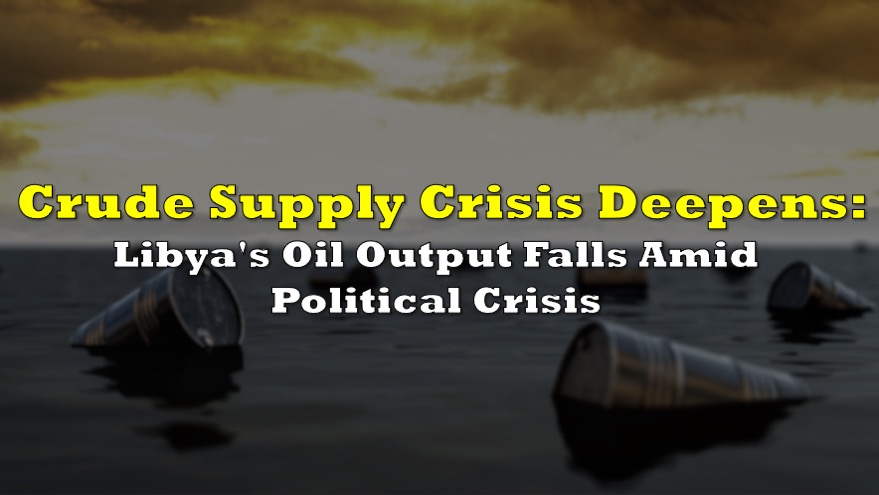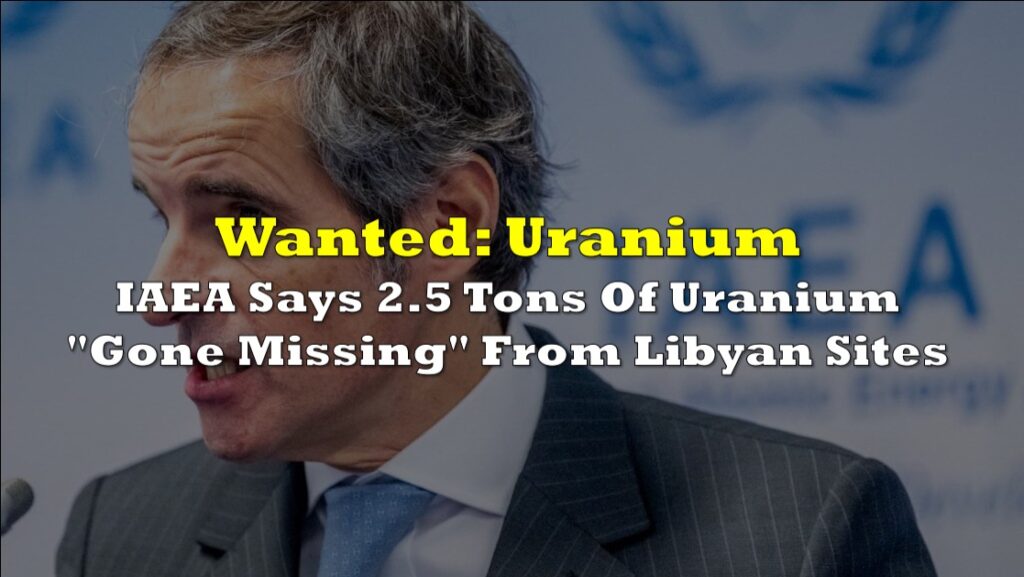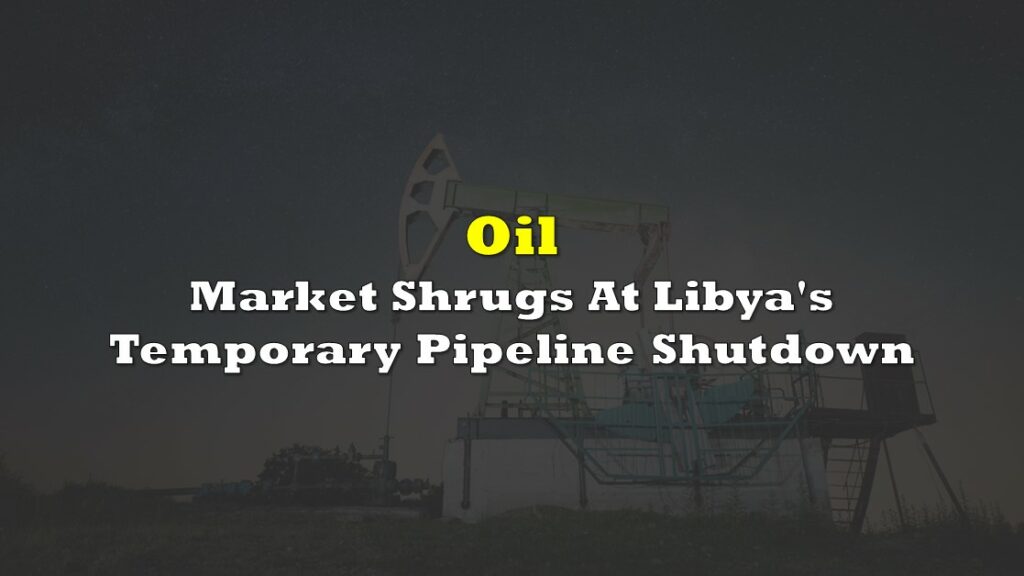Libya’s oil sector, a critical pillar of its economy and a significant source of crude for European markets, is facing an alarming and uncertain future. Recent data reveals that while crude exports remained stable in August 2024, there are growing signs that Libya’s oil production may be on the brink of a significant downturn.
The sharp decline in flaring activity—a key indicator of oil field operations—has raised red flags across the industry, signaling that the nation’s oil output could be severely compromised in the coming months.
Let's have a closer look at Libya's crude oil exports after the annoucements of force majeurs.
— Alexander Stahel 🌻 (@BurggrabenH) September 3, 2024
Pro M: Libya produces and exports about 1.1mbpd of oil per day, most of which ends up in Western European refineries.
2/n pic.twitter.com/fFe3BFZMn7
In August 2024, Libya’s crude oil exports averaged 1,017,742 barrels per day (bpd), a slight increase from July’s figures. At first glance, this might suggest that Libya’s oil industry is weathering recent disruptions well. However, this stability is deceiving, as it fails to reflect the deeper operational issues that are beginning to surface.
Alexander Stahel, an oil market analyst, noted, “August export loadings were not yet affected by the announced shutdowns. However, we are closely monitoring field activities, particularly through flaring events, which indicate that shutdowns are indeed occurring.”
This statement underscores the precarious nature of Libya’s oil exports, where the appearance of normalcy belies underlying problems that could soon disrupt the flow of crude.
Perhaps the most alarming development is the significant drop in flaring activity across several key Libyan oil fields. Flaring, the process of burning off excess gas during oil extraction, serves as a critical indicator of active production.
Data from OilX, a global oil analytics firm, shows that flaring events have sharply declined, particularly at fields connected to the Ras Lanuf terminal, one of Libya’s largest export hubs.
“Flaring activity at Ras Lanuf and other fields has significantly dropped, confirming that production is being curtailed,” Stahel warned. He also highlighted the situation at the El Sharara field, Libya’s largest, where production had already been reduced prior to these latest developments. Now, with flaring completely halted at the El Feel field over the past two days, concerns are mounting that these operational issues could escalate into a full-blown production crisis.
This sharp decline in flaring activity is more than just a technical issue—it is a stark warning that Libya’s oil production could soon plummet. The fields most affected are some of the nation’s largest and most vital, meaning any prolonged shutdown could have severe consequences for both Libya’s economy and the global oil market.
Looking ahead to September 2024, the outlook is increasingly grim. Industry experts, including Stahel, are predicting that Libya’s oil exports could fall dramatically, potentially dropping to between 600,000 and 700,000 bpd. This would mark a return to the lowest production levels seen since June 2022, a time when the nation was also grappling with significant internal strife.
If I were to guess, Sept loadings will be somewhere bw 600-700k (below in yellow) instead of 1mbpd.
— Alexander Stahel 🌻 (@BurggrabenH) September 3, 2024
These were the numbers we had in June 2022. After all, people needs to get paid. If this were to come to occur, the market will handle it fine and given Saudis desire to return… pic.twitter.com/wWJgIc8nFT
“If these shutdowns persist, we could see export levels plummet to as low as 600,000 bpd, which would be a significant reduction from the 1 million bpd we’ve seen in recent months,” Stahel stated.
This scenario would not only devastate Libya’s already fragile economy but also send shockwaves through the global oil market, particularly in Europe, where countries like Italy and Spain rely heavily on Libyan crude.
While Saudi Arabia has signaled its intent to return more barrels to the market, the loss of Libyan crude could still create significant supply gaps, particularly for refineries specifically designed to process the lighter grades of oil that Libya produces.
The global oil market, and particularly European economies, should brace for potential disruptions as the situation in Libya continues to unfold.
“Zero output is a possibility too. Still not a drama, but oil positioning looks risky on that basis,” Stahel ended.
Information for this briefing was found via the sources mentioned. The author has no securities or affiliations related to this organization. Not a recommendation to buy or sell. Always do additional research and consult a professional before purchasing a security. The author holds no licenses.








